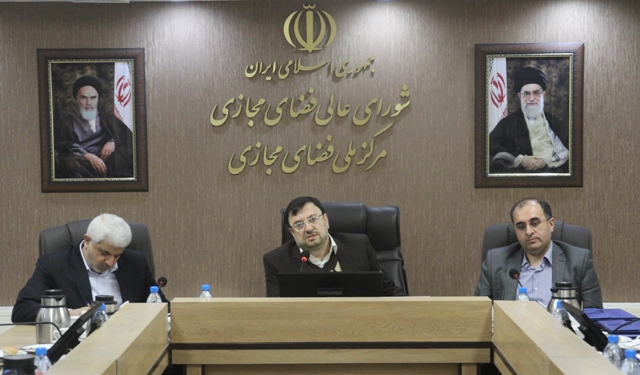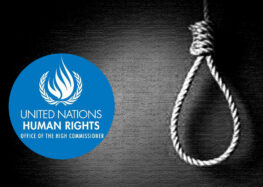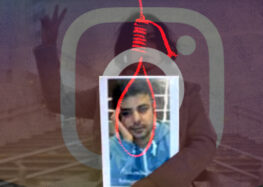Iran Considers Lifting Its Nine-Year Ban on Twitter

A meeting of Iran’s Supreme Council of Cyberspace.
State Body Calls Social Media an “Effective Means of Public Diplomacy”
The Iranian government’s top internet policy body is currently debating whether it should lift the state’s nine-year ban on Twitter.
“The issue regarding un-filtering Twitter is being followed up by the minister of telecommunications who has presented it to the SCC with a positive view,” said Saeed Mahdiyoun, the deputy director in charge of drafting regulations for Iran’s Supreme Cyberspace Council (SCC), on March 8, 2018.
“Currently, the un-filtering of Twitter is being looked into by the SCC’s security division as a fundamental and important step,” he added.
Mahdiyoun continued: “It’s important to settle the issues regarding filtered social media networks and it should be looked into in a fundamental way. Twitter has many Iranian and foreign users. Military and state officials, as well as people, are interacting there and as a result, this social media has become an effective means of public diplomacy and international dialogue.”
Ameli’s comments were a response to Telecommunication Minister Mohammad Javad Azari Jahromi, who said on February 25, 2018, “We have referred this issue to the SCC’s secretariat, where it’s under final deliberation.”
Twitter and Facebook have been banned in Iran since 2009 when they were used to spread information about the massive protests that broke out in Tehran against the disputed result of the country’s presidential election that year.
The ban on Twitter has been partially lifted and then totally re-imposed over the years.
Despite the ban, dozens of Iranian officials maintain accounts on the social media networks—some in English and Farsi—including the supreme leader, Ali Khamenei.
Thousands of people in Iran with access to virtual private networks and other circumvention tools that enable users to bypass state bans also use the apps.
Khamenei and many other hardline Iranian officials fear internet freedom and view the internet as a Western ploy to undermine the Islamic Republic. Their attempts to entice Iranians to exclusively use the state-created National Information Network—which the government can more easily monitor, censor and control than the worldwide web—are ongoing.
President Hassan Rouhani has on a few occasions thwarted the blocking of messaging applications such as WhatsApp and Telegram, but has been silent on state-sponsored hacking attacks on Iranians.
The SCC, chaired by Rouhani, is the Islamic Republic of Iran’s highest decision-making body on issues regarding the internet. It would not act without the approval of the supreme leader.






